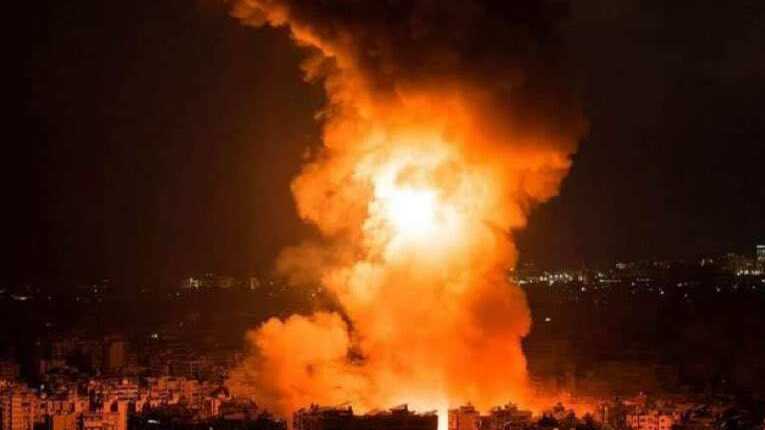The Middle East braces for escalation after Israel carried out strategic airstrikes on Iranian military installations, heightening the already tense relationship between the two nations. The Israeli Defense Forces (IDF) confirmed that the operation, called “Days of Repentance,” was launched in response to an Iranian ballistic missile strike earlier in October, marking a sharp increase in hostilities in the region.
Israel’s Retaliatory Operation Details
Israeli fighter jets carried out multiple waves of airstrikes aimed at Iranian air defense systems, missile facilities, and other key military targets. The strikes involved dozens of aircraft operating over several hours, hitting strategic targets, including ballistic missile production facilities and anti-aircraft installations, according to the IDF. Explosions reverberated in Tehran, and the Iranian military confirmed that air defense systems were activated in response to the attack.
Netanyahu’s Response: Israel’s “Right and Duty to Defend”
Israeli Prime Minister Benjamin Netanyahu oversaw the operation from the Israeli Air Force command center. Following the attack, Netanyahu asserted Israel’s right to protect itself, stating, “The regime in Iran and its proxies have been relentlessly attacking Israel. Like every other sovereign country in the world, the State of Israel has the right and the duty to respond.” This statement underscores Israel’s position on countering Iranian threats directly rather than relying solely on diplomatic avenues.
Tehran’s Reaction and Warnings of Retaliation
Tehran officials responded swiftly, warning of “painful and precise” retaliation against Israel. The Iranian Civil Aviation Organization grounded all flights temporarily, signaling the heightened alert within the country. Iran has condemned the Israeli strikes, vowing a firm response while mobilizing its military forces for potential further engagement. Tehran’s government-run news outlets described the attacks as “unprovoked aggression” against its sovereignty.
International Concerns and Call for Restraint
The United States and other Western nations have expressed concern over the situation, with the U.S. urging Israel to avoid targeting sensitive Iranian infrastructure, particularly nuclear and oil facilities, to prevent wider conflict. The Biden administration emphasized Israel’s right to self-defense but has also urged caution to avoid a larger, destabilizing war in the Middle East. Global powers are closely watching as tensions rise, knowing that a full-blown confrontation could have severe impacts on the region and beyond.
Decades of Hostility and Shadow Warfare

The escalation comes after years of covert and proxy confrontations between Israel and Iran. Since the 1979 Islamic Revolution, Iran and Israel have been locked in a cold war, each viewing the other as a critical threat to regional stability. Iran’s ongoing support for Hezbollah, Hamas, and other militant groups hostile to Israel has only exacerbated the situation. In recent years, Israel has conducted numerous airstrikes targeting Iranian assets in Syria, and Iran has repeatedly vowed retribution, leading to an ever-increasing cycle of violence.
What Lies Ahead
With neither side showing signs of backing down, international diplomats are calling for de-escalation. Analysts suggest that both countries are likely to continue testing each other’s resolve in the coming days, even as the world watches with bated breath. The coming weeks are expected to be critical, as both nations weigh their next moves in a volatile standoff that has serious implications for regional stability.
Read More:
BRICS Summit 2024: Major Outcomes And New Developments In Global Cooperation

